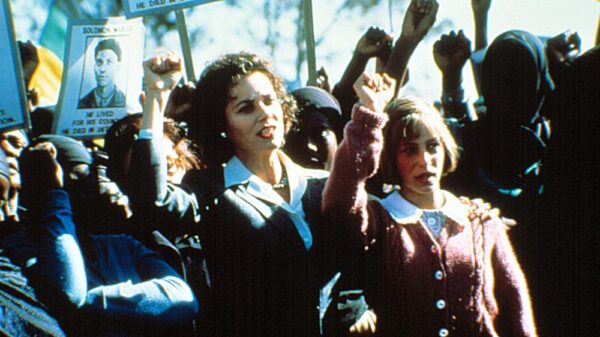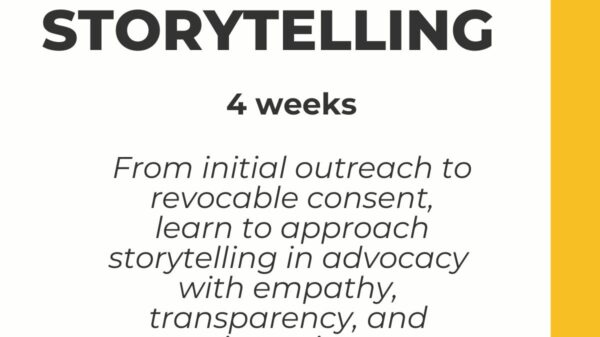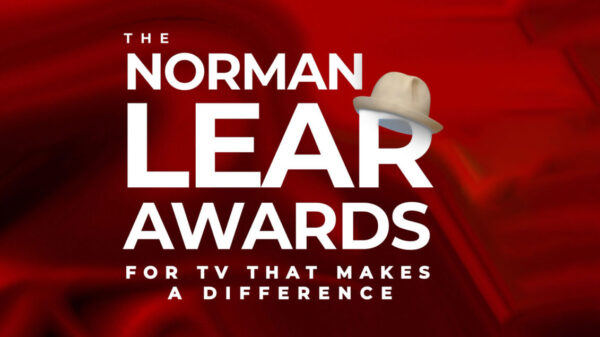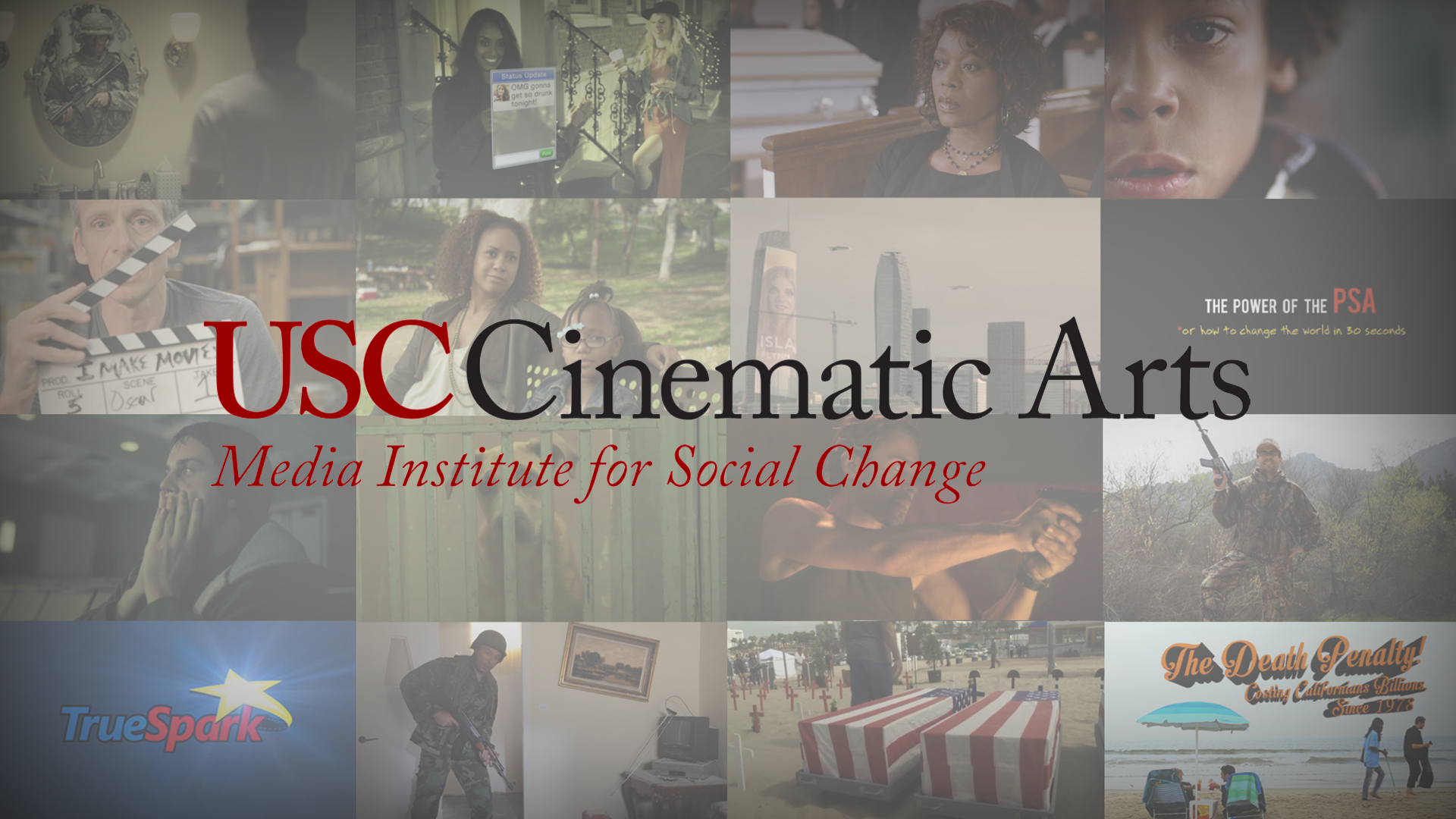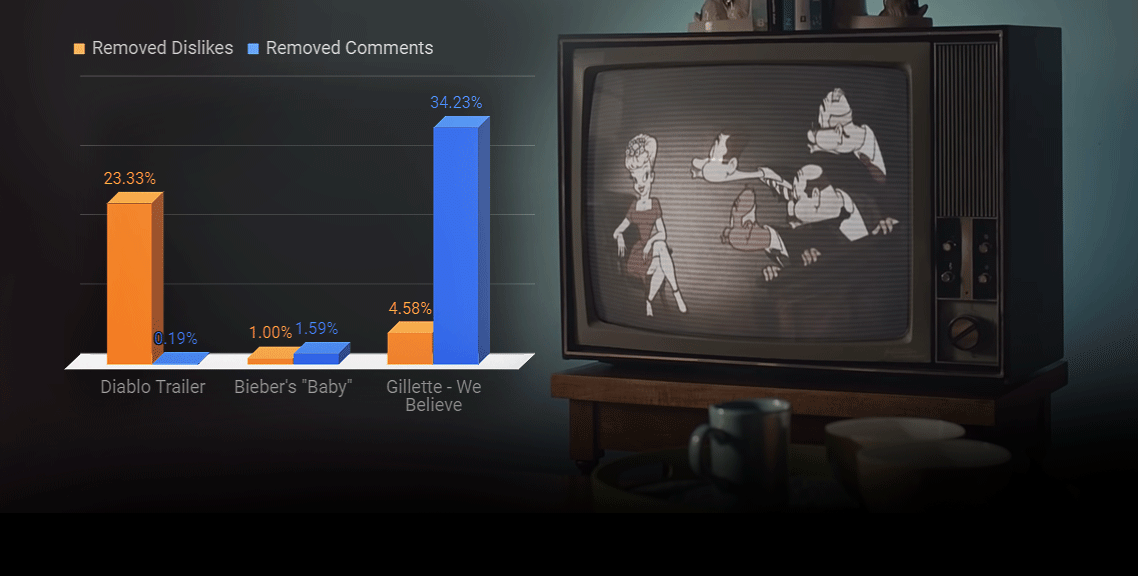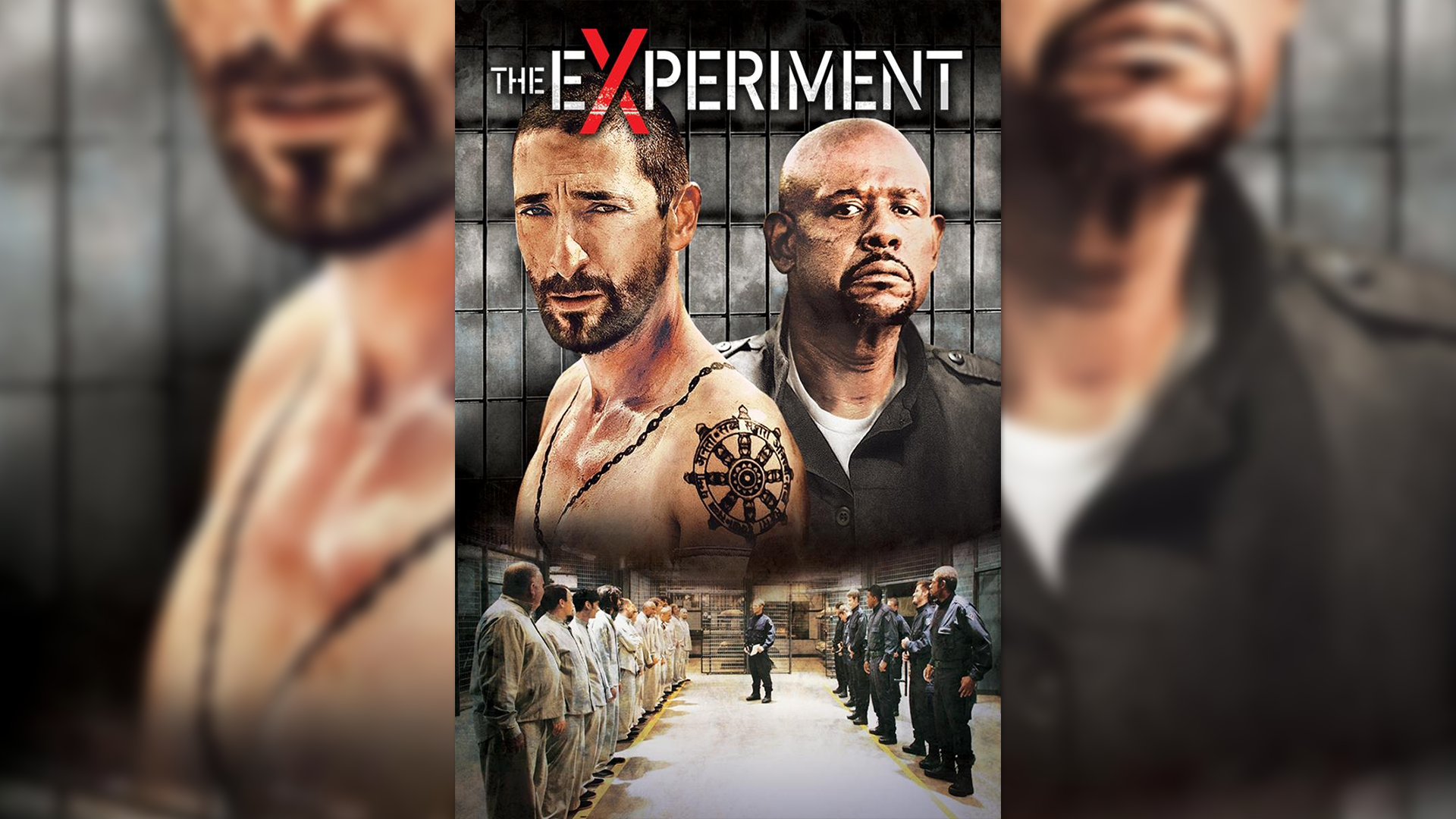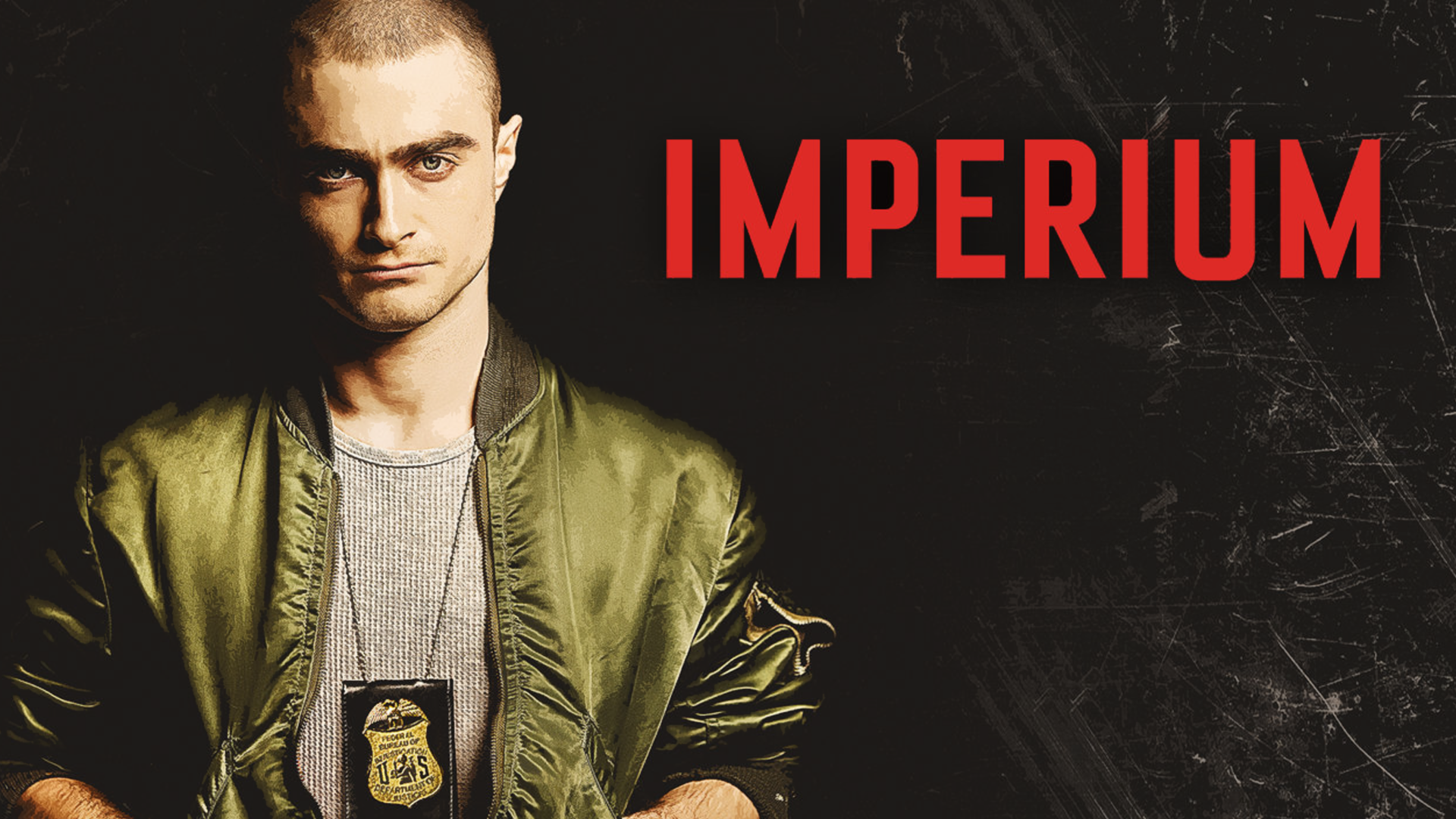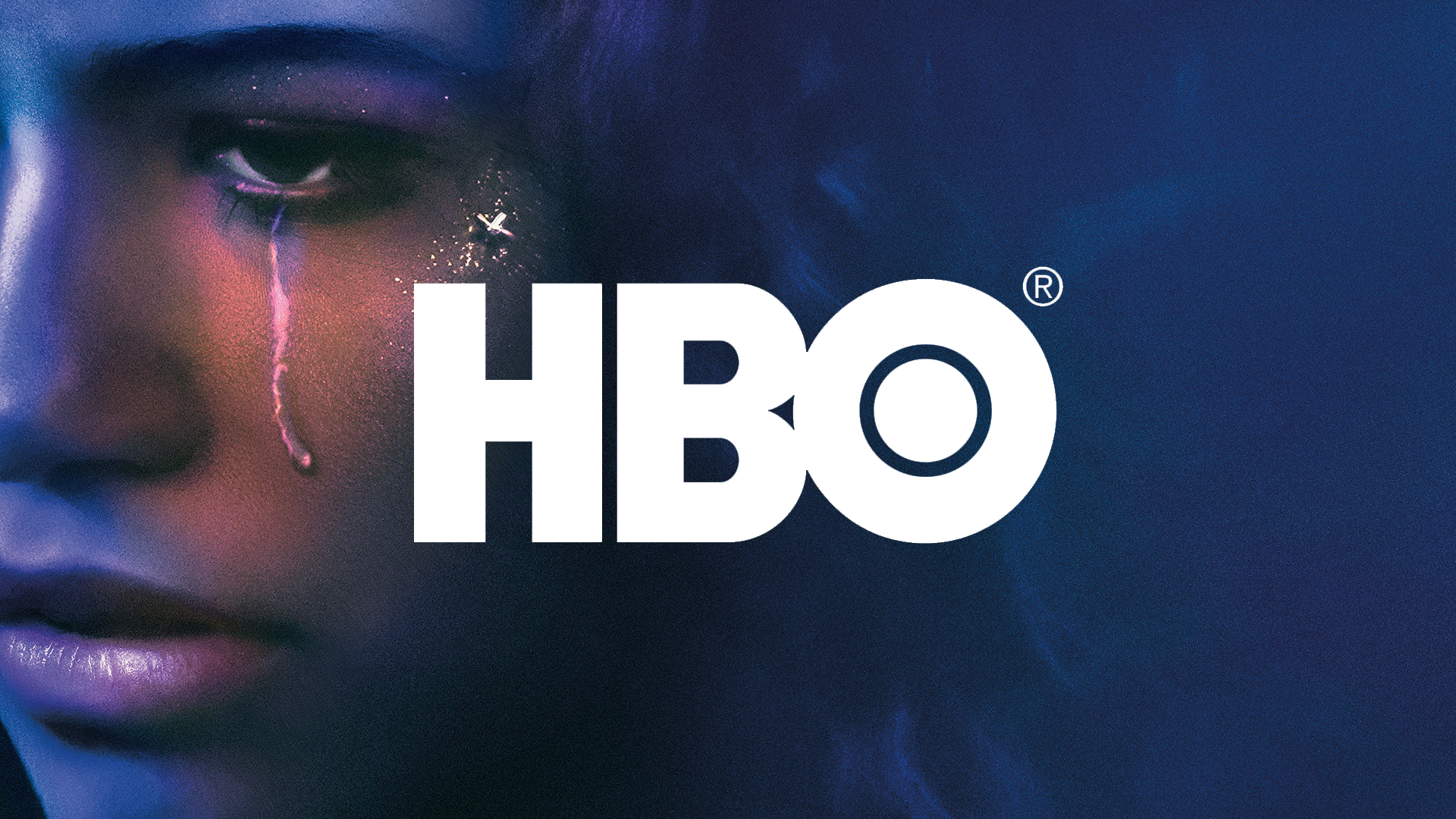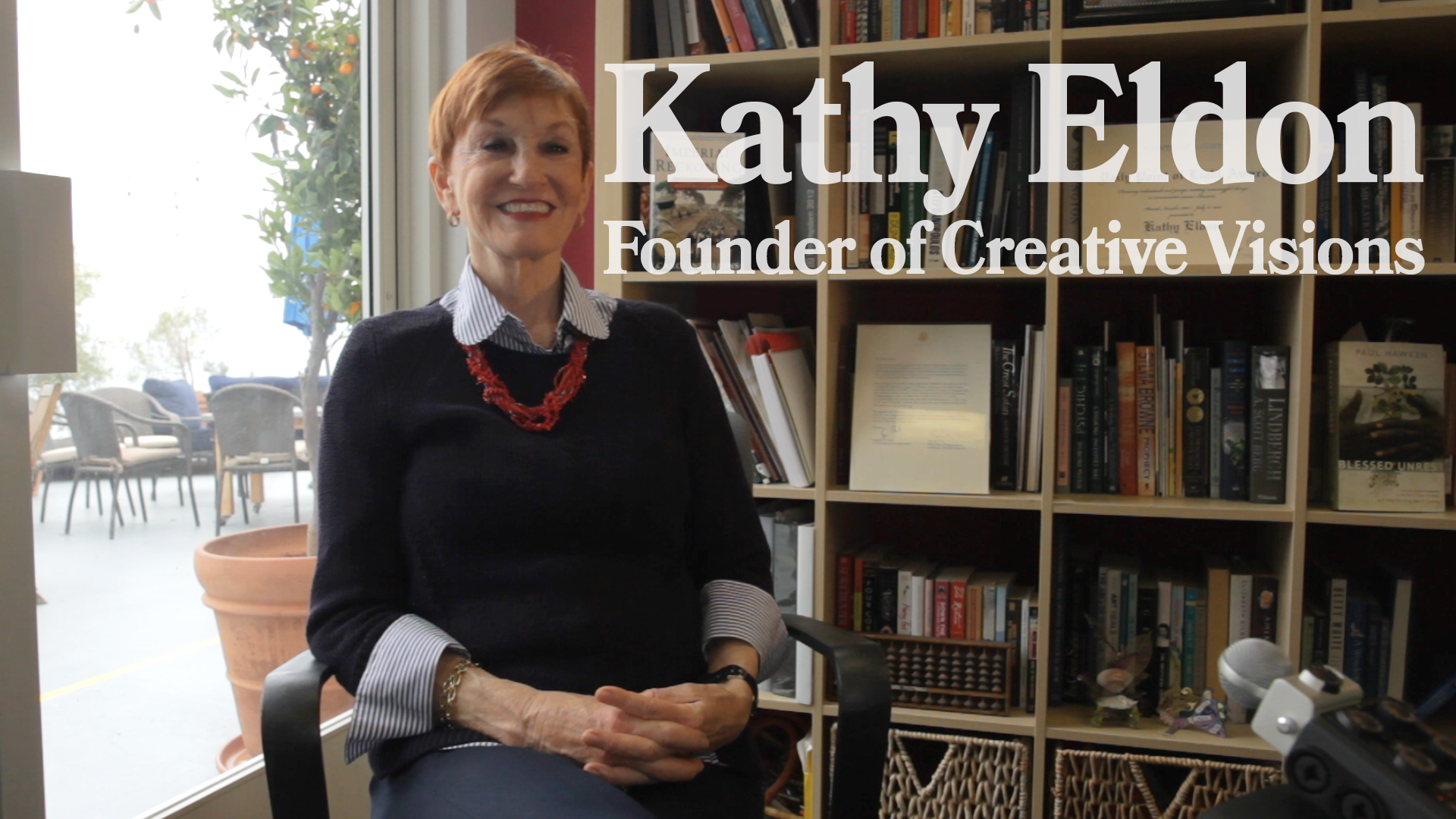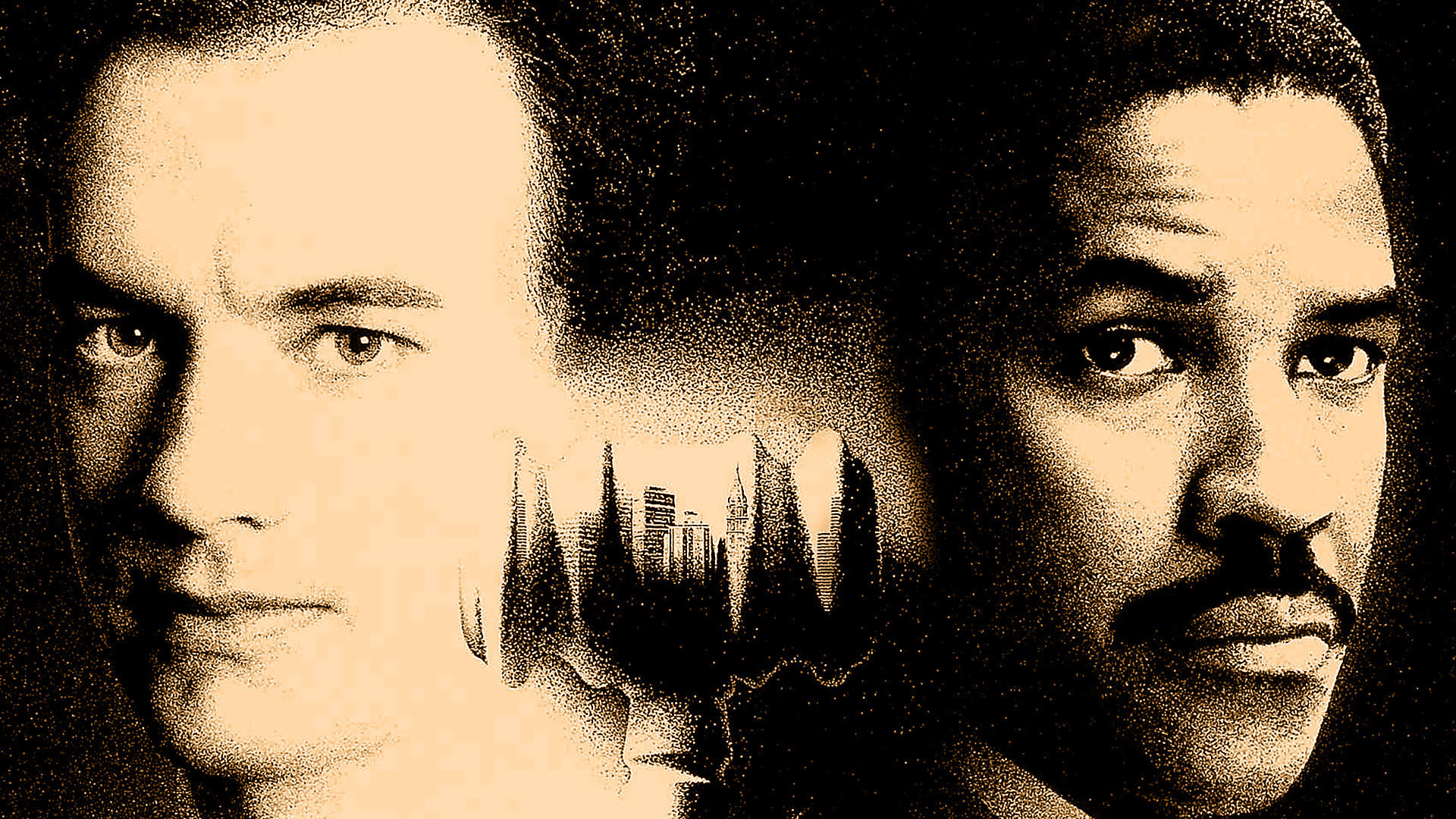For it’s 1993 release, the Jonathan Demme film, Philadelphia, set a novel precedent. At this time, the HIV/AIDS virus was essentially a death sentence for the estimated 2.5 million people diagnosed. These dying individuals became pariahs, since many powerful political figures, including North Carolina Senator Jesse Helms, openly believed that AIDS victims deserved to suffer in silence for their “incredibly offensive and revolting conduct” (The New York Times). Furthermore, Roman Catholic cardinals had condemned the so-called “gay plague” as a “disease of the sinful,” and it became increasingly common for “health care providers [to] refuse to provide [LGBT individuals] needed care because of personal or religious beliefs” (National Women’s Law Center).
As a result of its stigmatization, misinformation and fear regarding the contagiousness of the AIDS virus ran rampant throughout the United States. After an agonizing 12 years of panic and exasperation since the onset of the deadly outbreak, Philadelphia was the first major motion picture to ever actually address the widespread issues of HIV/AIDS, homophobia, and discrimination. The film was nominated for the Best Original Screenplay Academy Award and claimed two Oscars for Best Actor, Tom Hanks, and Best Original Song, by Bruce Springsteen. It has since received praise for having initiated and “changed the national conversation about the disease” (Columbia University).
The film itself revolves around the character of Andrew Beckett (Tom Hanks), an exceptionally successful lawyer at the largest corporate law firm in Philadelphia. That is, only whilst his employers remain unaware of his sexual orientation and AIDS diagnosis. In a disturbing turn of events, Andrew is suddenly fired from the firm, due to what he believes is blatant AIDS discrimination, as he can no longer hide the telltale Kaposi’s Sarcoma lesions on his face. Now, desperate for an attorney to take his case, he is forced to procure the services of the homophobic, ambulance-chasing Joe Miller (Denzel Washington). However, as Joe begins to form a relationship with Andy and his gay partner, Miguel Álvarez, he gradually overcomes his own prejudice and gains insight to the terrifying, everyday struggle of innumerable AIDS victims. Joe proceeds to win the court battle for Andy, who succumbs to the fatal disease shortly after testifying.
Besides its foreseeable plot, the film is smartly strategic in many ways. For instance, Jonathan Demme, fresh off his Best Picture win for The Silence of the Lambs, was very intentionally chosen as the celebrity name to direct the controversial motion picture. Because Demme intended to “reach the people who couldn’t care less about people with AIDS,” Tom Hanks, “a very likeable heterosexual actor,” was specifically cast as the empathetic face of the tragic disease. Philadelphia’s successful, “paint-by-the-numbers” technique culminated in a final box office earning of $206,678,440.
As Marla Gold, HIV doctor and public health dean at Drexel says it well, “here we have a major star, playing a significant role with a visual for HIV, acted out beautifully as a movie that’s award winning. So this is a lot different than a pamphlet that arrives in the mail and warns you of something. This is real” (NewsWorks). By utilizing cast and crew that were familiar and positively received by Middle America, the film gained enough credibility to transcend the heavy stigma associated with media coverage of the so-called “gay plague.” The film also more directly impacted LGBTQ individuals, since many AIDS victims themselves were cast as extras, giving them an opportunity to work after many had lost their jobs or faced difficulties obtaining one due to their illness.
Despite this, the film also received its share of criticism, and Hanks himself contends that “the volatile reaction, so overwhelmingly negative in some cases, brought the subject matter to the forefront in a better way than the movie could have ever done” (The Independent). This controversy was predominantly sparked by the review of LGBT rights activist and founder of the AIDS Coalition to Unleash Power (ACT UP), Larry Kramer, harshly entitled “Why I Hated Philadelphia.” His frustration is mostly attributed to the film’s lack of any real stance on the political issue of AIDS treatment/funding, and the fact that Andrew and his partner’s interactions are not representative of typical homosexual relationships. The film is surprisingly conservative in this aspect, as there is a near absence of any on-screen romance between the couple. In fact, the only scene of Andy and Miguel in bed together was ultimately cut from the final version of the movie. Additionally, the film’s creators have been castigated for misappropriating the factual stories of AIDS discrimination towards both the late Clarence Cain and Geoffrey Bowers. In Bowers’ case this even resulted in a winning lawsuit against the film’s production company, TriStar Pictures.
As a self-identified queer filmmaker, the issue of LGBTQ representation in cinema is especially dear to me. While there’s no doubt that Philadelphia precipitated change, it’s important to note that a film does not require a necessarily positive impact to be considered historically influential. With that being said, my heart wanted so much to agree absolutely with Kramer’s critical words. Purposeful misrepresentation in cinema, especially of historically oppressed individuals, is ethically inadmissible for its perpetuation of falsities and entertainment of problematically distorted realities.
While I concur that in many ways the film “doesn’t bear any truthful resemblance to the life, world and universe I live in,” I seriously do not think a 1993 America would have accepted the raw and honest depiction of gay couples that Kramer advocates for. In a world where, as Kramer himself states, “AIDS is happening to certain communities others would just as soon see dead,” it is simply too idealistic to venture that these same “others” would voluntarily see a film that not only challenges their homophobic notions, but does so in a way that approaches the threateningly taboo topic of gay sexual acts. I can only fathom that if there had been a single sex scene in Philadelphia, the film itself would never have even made it to theaters.
In this instance, given Demme’s intended audience, I think that it is justified to prioritize the destigmatization of the gay community through Hank’s “everyman” character over proper representation of it. As much as it discomfits me to say so, I believe that this strategy is the main reason why Philadelphia was incredibly effective for its time. While it may not be the most righteous piece of cinema for this reason, I think its impact was felt so heavily precisely because the same individuals who feared catching the “gay plague” from shaking hands, or a public toilet seat (which is physiologically impossible, by the way), actually paid money to see a film that, albeit very gently, told them exactly why their prejudices were unfounded.
At least in comparison to Demme’s previous film, The Silence of the Lambs, which was decried by the gay community as homophobic and transphobic, Philadelphia represents slow progress. After all, the mere the existence of this conservative film allowed for the gradual proliferation and eventual praise of academy award-winning, sex-positive films like Brokeback Mountain (which, even in 2006, was pulled from theaters in Utah for its homosexual content).
Undeniably, the impact of Demme’s film was extremely significant in initiating, on a larger scale, the conversation about AIDS that much of America had no desire of entertaining. Even to this day, more than 5,700 people will contract HIV every 24 hours, and, while the LGBTQ community continues face oppression in many forms, we can be thankful that, due to the production of films such as Philadelphia, considerable progress has been made in regards to these issues over the past 20 years.
Further Reading/Viewing:
- The Normal Heart (2014)
- How to Survive a Plague (2012)
- The Celluloid Closet (1995)
- “Discrimination and homophobia fuel the HIV epidemic in gay and bisexual men” by Perry N. Halkitis, PhD, MS
- “Health Care Refusals Harm Patients: The Threat to LGBT People and Individuals Living with HIV/AIDS” by National Women’s Law Center
- “Sin, Sex and Science: The HIV/AIDS Crisis” by Michigan State University
- “Vindicating a Lawyer With AIDS, Years Too Late” by Mireya Navarro
- “What Is the Story Behind the ‘Philadelphia’ Story?” by Terry Pristin
- “Why I Hated Philadelphia” by Larry Kramer


